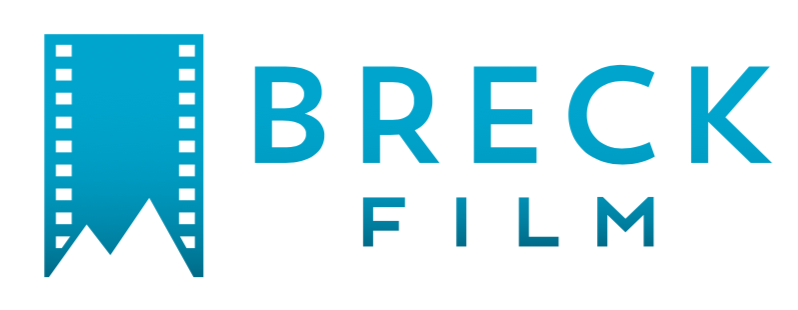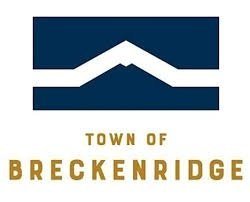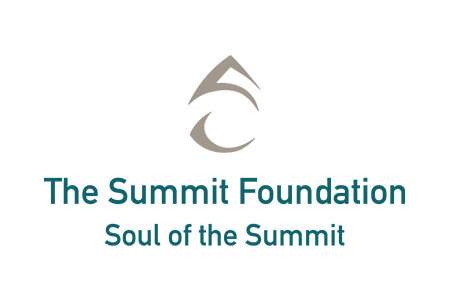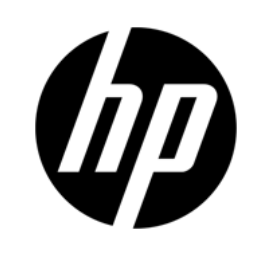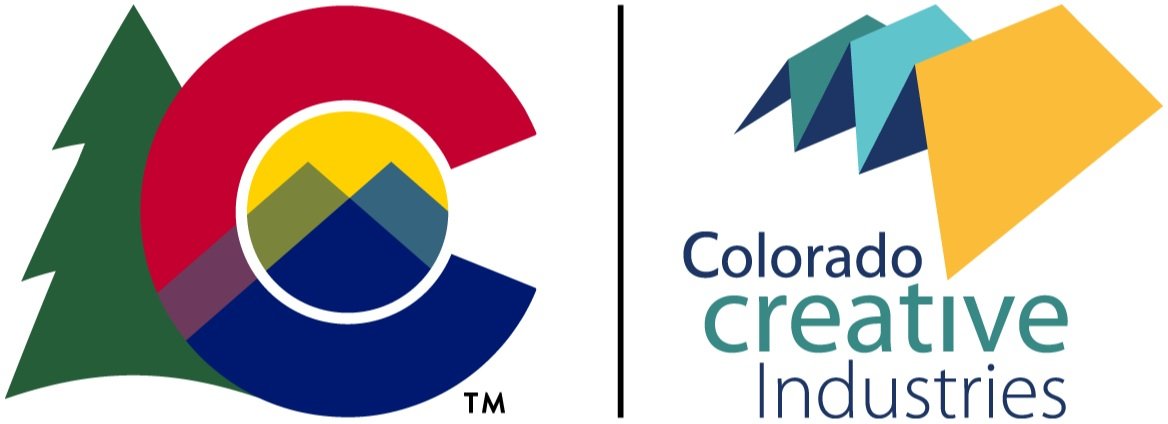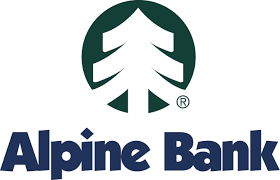Filmmaker of the Month - June 2024 - Andrew Adams
/Meet the Filmmaker of the Month: Andrew Adams
about Andrew Adams
Andrew Adams is an accomplished independent writer, director, and producer based in Los Angeles. He feature film, AMERICAN MELTDOWN, premiered at Chattanooga Film Festival, where it took home the "Best Feature" award. It has since played nearly twenty additional festivals, won “Best Feature” four more times, and secured distribution.
He has directed commercials, branded content, dance videos, and narrative work for Disney XD, Crypt TV, and Universal Studios' Hollywood Horror Nights. Andrew's adventurous spirit also led him into a career as a travel videographer, where he produced videos in over 25 countries across six continents. This often meant bungee jumping off bridges, kayaking in glacial lakes, or descending into cave shafts for work. He is repped by Zero Gravity Management.
Tell us your backstory. How and why did you get into filmmaking?
I’ve been drawn to storytelling since I was a child, when I’d tell my dad stories and he would transcribe them onto yellow legal pads for me. By high school, I had binders and binders full of monster stories, but no one would read them. Then I stumbled into drama class and discovered that if I wrote for the stage or screen instead, I could basically trap people in a room and force them to watch my writing! I became drunk with power and embraced filmmaking with open arms.
I studied at FSU’s film conservatory, moved to Manhattan, and became a production assistant on cooking shows. Which mostly means I got yelled at a lot. One day my buddy Willie convinced me to enter an online video contest with him — and we won! The prize was an all-expenses paid trip through the Australian Outback, where we spent weeks in the wilderness making gonzo comedy travel videos. I quickly realized that making my own work was way more fun than getting coffee for hostile celebrity chefs.
Over the next couple years, I focused on video contests full time, where I won cash, advertising for my dad’s shoe store, and even a free graduate degree from Fordham’s Business School (note: it did require me to attend classes). These very strange years taught me the entrepreneurial spirit, and I learned how to embrace guerrilla filmmaking techniques to make high-quality work with small crews and no money.
Years later, when the pandemic hit, I took those DIY skills and reverse-engineered a screenplay that I knew I could make with no outside financing or studio assistance. We filmed it in December 2021 with a tiny budget and a tiny crew. That film, American Meltdown, is a dark comedy that toured the festival circuit for nearly a year and had a great screening at the Breckenridge Film Festival! I’ve been honored by the warm reception and strong feedback it’s gotten all over the country, and we just locked in a distribution deal that should put the film out into the world in the near future. But I’m already itching to dive back into another feature as quickly as I can.
What are the specific qualities that, in your opinion, make a film great?
Emotions emotions emotions!! All my favorite movies create a deep sense of emotional engagement. And it doesn’t even matter what that emotion is! There are thousands of emotions! And they’re all fun!!
(Note: I just fact-checked myself and that is a lie. UCBerkeley claims there are only 27 emotion and one of them is “boredom,” meaning there’s only 26 that I actually enjoy in my movies.)
But I think of the awe that Dune: Part Two and Civil War inspired this year, or the giddy shocks of Challengers and Love Lies Bleeding. I love the tremendous heartbreak that made me sob when the theme of Inside Out revealed itself, or the joyful tears that spill out whenever strangers show each other compassion in The Impossible. I love the way that horror movies use dread to make an audience lean in and terror to make them squeal, or how a good comedy set piece can bust a gut — like the food poisoning scene in Triangle of Sadness or any random ten second clip from Dumb and Dumber.
The key to so many of these projects is their pitch-perfect balance of every cinematic tool at their disposal, from writing and performance to cinematography, music, editing and everything else… All calibrated for the perfect emotional response. But I’ll gladly watch a technically amateurish project if it makes me feel something, whereas the movies I resent the most are the ones that seem technically perfect but have no soul.
What films have been the most inspiring or influential to you and why?
I grew up in the 90s, watching movies like Jurassic Park, Indiana Jones, Men In Black, and Ace Ventura II: When Nature Calls so many times that I’d wear out the VHS. As I got older, I learned that the library would rent me R-rated horror movies at any age, and I begun to sneak them into the basement to watch whenever I could. Alien and The Thing were transformative for me.
But I truly fell in love with the nuts and bolts of film in the early 2000s, at the tail end of the independent film boom and the golden era of two-disc special edition DVDs. That’s when I read a book called Rebels On The Backlot, and the maverick directors profiled there became my filmmaking role models: P.T. Anderson, David O. Russell, Spike Jonze, David Fincher, Quentin Tarantino, Steven Soderbergh… Plus Edgar Wright, Rian Johnson, Coen Bros, and Charlie Kaufman (Eternal Sunshine!!).
As an adult, I began to expand my tastes into more foreign and arthouse fare. Barry Jenkins (Moonlight!), Bong Joon-Ho (Parasite!), Wong Kar-wai (In The Mood For Love!), and Lynne Ramsay (We Need To Talk About Kevin!) became new inspirations. Now I long to apply the art, the craft, and the soul of those indie auteurs into the kinds of smart, fun, mainstream genre stories that I adored in my youth.
Personally, I aspire to make politically-conscious genre movies (horror, crime, thriller, adventure) with a strong sense of fun and play, bold characters, and artful, elegant music and cinematography that takes its cues from the arthouse world. Which is basically what happens when you mix all of those influences into one stew!
How do you know when your story’s finished, when to walk away?
I’m going to cheat on this question and quote the great George Saunders.
“I imagine a meter mounted in my forehead, with “P” on this side (“Positive”) and “N” on this side (“Negative”). I try to read what I’ve written uninflectedly, the way a first-time reader might (“without hope and without despair”). Where’s the needle? Accept the result without whining. Then edit, so as to move the needle into the “P” zone. Enact a repetitive, obsessive, iterative application of preference: watch the needle, adjust the prose, watch the needle, adjust the prose (rinse, lather, repeat), through (sometimes) hundreds of drafts. Like a cruise ship slowly turning, the story will start to alter course via those thousands of incremental adjustments.
The artist, in this model, is like the optometrist, always asking: Is it better like this? Or like this?
The interesting thing, in my experience, is that the result of this laborious and slightly obsessive process is a story that is better than I am in “real life” – funnier, kinder, less full of crap, more empathetic, with a clearer sense of virtue, both wiser and more entertaining.
And what a pleasure that is; to be, on the page, less of a dope than usual.”
On American Meltdown, my editor and I called this “The Cringe Meter,” and any time a moment bumped us in any way - or made us imagine cringing while sharing it with an audience - we’d keep working until we’d fixed it.
Where do you get your inspiration from?
Everywhere! At any time! I’m very susceptible. But since I think the best stories are built on emotional connection and thematic resonance, I say it’s healthy for creators to draw on lived truths and real experience.
One of my favorite books on story craft is The Art of Dramatic Writing by Lajos Egri, a playwright who encourages authors to map out a main character’s emotional journey step-by-step before ever inventing the plot points, set pieces, and structure. This helps to create a dramatic hook that can guide a story with truth and honesty. So when writing, I try to start with emotional arcs, drawing on on my own life experiences…
But once the hard work is done to build a cohesive dramatic scaffold, I like to step back and treat the process like I’m on a playground and my mind is running free. I come up with all the wildest ideas that I can, imagine moments that would elicit big crowd reactions, and rewatch all my favorite movies and devour nonfiction books. If an idea pops up that makes me giddy enough, then I then I look for places where it could fit into the emotional trajectory that I’ve already planned. My friend says I treat writing like going to the carnival.
What is your favorite aspect of film production?
It’s honestly hard to pick. I love the creative free-for-all at the start of a project. I love being surprised by new and better ideas from collaborators (co-writers, actors, cinematographers, editors, etc.). There’s a specific joy that comes with the “found family” feeling on set, or seeing a shot get framed just right, or watching a take where all the elements align and you somehow capture even a hint of ’cinema.’ But I love the quiet and the calm of post. Or sitting in a theater and listening for laughs. That might be part of what drew me to directing; I love every part of the process and couldn’t pick just one focus!
Why did you choose to submit to the Breckenridge Film Festival?
What do you look for in a festival where you hope to show your film? Breck had it all! A gorgeous setting, a supportive community, a sterling reputation, fantastic venues and high screening standards. I loved the emphasis on adventure and environmentalism, also — it brought a wildly eclectic and fascinating crowd of filmmakers to the festival.
Can you describe the business behind independent filmmaking and how you are trying to get your film seen?
The tricky thing about this kind of question is that it’s often asked in the middle of business negotiations, when filmmakers are incentivized to hide their numbers in the interest of netting the best deal possible. Ask me again in a couple of years and I’ll give you every number I’ve got.
For anyone interested in making independent films and trying to better understand it, here’s the briefest of overviews: American Meltdown was reverse-engineered to be achievable on a budget, and then made to the best of my ability with the resources that I could access. Festivals helped build an audience, connect with new fans, and win awards that brought attention. We brought on a sales agent who helped us redesign our poster and trailer with “marketability” in mind, then that sales agent took the lead in business affairs. It’s his job to put the film in front of potential distributors (by using personal contacts and by visiting film markets like Cannes to strike deals with distributors in foreign countries), collect offers, and negotiate contracts. Every distributor has a different release plan; you pick the one you like best.
But again… if you want the real tea, ask me again when it’s all said and done.
If there is one or more thing you think would make the film industry better, what would it be?
It’s a weird time for the industry. The number of active productions is at its lowest point in 30 years, work is slow, and every company seems to be considering a pivot. So it’s very hard to predict what’s coming next.
But I hope that Hollywood grows more receptive to the mid-budget movie. Movies with budgets around $20 million dollars often have enough money to pull off all their ambitions, but are cheap enough (in studio terms) to take big creative risks. That’s how you get masterpieces like Eternal Sunshine of the Spotless Mind or No Country for Old Men or There Will Be Blood. And it mitigates the chance that one big flop might destroy a studio. So if I could trade five brainless blockbusters a year for fifty more of these movies, I think the industry would be in a much better place!
What are the next project or projects you are beginning work on?
I love the world of indie features and am actively writing multiple scripts at one time (mostly genre projects) with the intention of raising some more funds, getting back on set, and returning to Breck as soon as I can!
